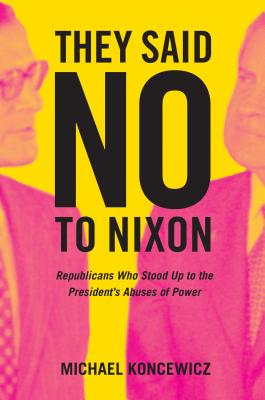Expedite your nonfiction book discovery process with Readara interviews, summaries and recommendations, Broaden your knowledge and gain insights from leading experts and scholars
In-depth, hour-long interviews with notable nonfiction authors, Gain new perspectives and ideas from the writer’s expertise and research, Valuable resource for readers and researchers
Optimize your book discovery process, Four-to eight-page summaries prepared by subject matter experts, Quickly review the book’s central messages and range of content
Books are handpicked covering a wide range of important categories and topics, Selected authors are subject experts, field professionals, or distinguished academics
Our editorial team includes books offering insights, unique views and researched-narratives in categories, Trade shows and book fairs, Book signings and in person author talks,Webinars and online events
Connect with editors and designers,Discover PR & marketing services providers, Source printers and related service providers

They Said No to Nixon: Republicans Who Stood Up to the Presidentâ (Tm)S Abuses of Power
Political Science > History & Theory - General
- University of California Press
- Hardcover
- 9780520299054
- 9.3 X 6.4 X 1.3 inches
- 1 pounds
- Political Science > History & Theory - General
- (Single Author) Asian American
- English
Readara.com
Book Description
Excruciatingly timely.--Kirkus Reviews
In more than three thousand recorded conversations, the Nixon tapes famously exposed a president's sinister views of governance that would eventually lead to his downfall. Despite Richard Nixon's best efforts, his vision of a government where he could use his power to punish his political enemies never came to fruition because members of his own party defied his directives. While many are familiar with the Republicans who turned against Nixon during the final stages of the Watergate saga, They Said No to Nixon uncovers for the first time those within the administration--including Nixon's own appointees--who opposed the White House early on, quietly blocking the president's attacks on the IRS, the Justice Department, and other sectors of the federal government.
Culling from previously unpublished excerpts from the tapes and recently released materials that expose the thirty-seventh president's uncensored views, Michael Koncewicz reveals how Republican party members remained loyal civil servants in the face of Nixon's attempts to expand the imperial presidency.
Delving into the abuses of power surrounding the Watergate era and showing how they were curbed, They Said No to Nixon sheds light on the significant cultural and ideological shifts that occurred within the GOP during the pivotal 1970s. Koncewicz deftly demonstrates how Nixon's administration marked a decisive moment that led to the rise of modern conservatism and today's ruthlessly partisan politics.
Author Bio
I am the Michael Nash Research Scholar & Ewen Center Program Coordinator for NYU Special Collections at New York University. I work at the Tamiment Library & Robert F. Wagner Labor Archives, one of the more renowned archives that focuses on labor, radicalism, and a wide range of American and global progressive social movements. I previously worked for the National Archives at the Richard Nixon Presidential Library and Museum where I contributed to the museum’s nonpartisan Watergate exhibit.
My book They Said ‘No’ to Nixon: Republicans Who Stood Up to the President’s Abuses of Power was published by University of California Press in 2018. Culling from previously unpublished excerpts from the tapes and recently released materials that expose the thirty-seventh president’s uncensored views, Michael Koncewicz reveals how Republican party members remained loyal civil servants in the face of Nixon’s attempts to expand the imperial presidency.
Kirkus described the book as “Brief but scholarly in all the right ways—and excruciatingly timely.” My work has appeared on CNN, and in The Atlantic, The Los Angeles Times, and The Washington Post.
I received my PhD in History from the University of California Irvine in 2014, and I have taught US History and public history courses at New York University, the New York City College of Technology, St. Francis College, and Wagner College.
My next research project will focus on the rise and fall of the Moratorium to End the Vietnam War. Aside from focusing on the organizers who created the Vietnam Moratorium Committee, the book will look at how the campaign shaped antiwar protests across the United States. The Moratorium mobilized millions of Americans and was a crucial flash-point for liberal-left politics during the Vietnam-era.
Source: michaelkoncewicz.com
Videos




Community reviews
No Community reviews

